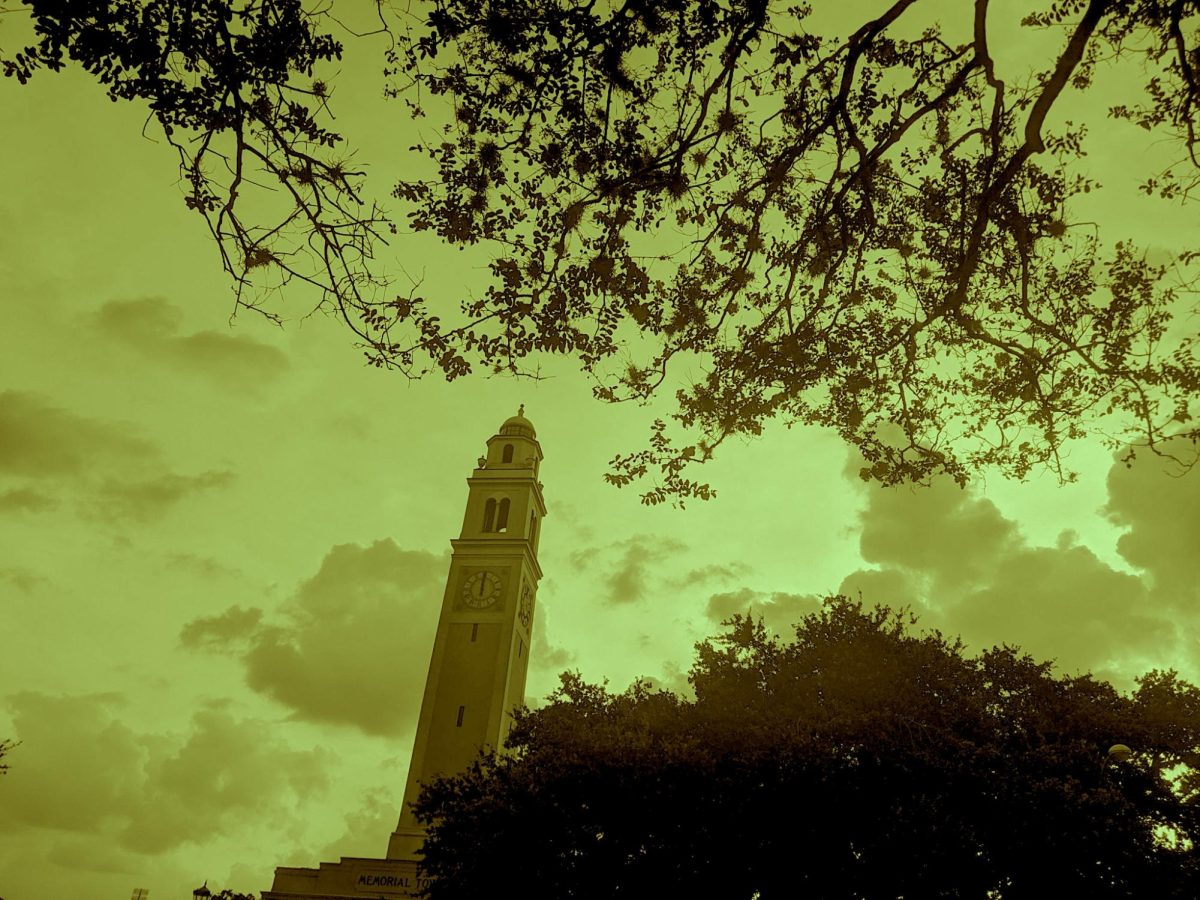Local experts cautioned University students Monday after New Orleans experienced seven murders this past weekend.
According to the Associated Press, the city has recorded 98 murders in 2007. This weekend’s violence reportedly included a triple shooting, a stabbing death and an unidentifiable victim of a fatal gun shot to the head.
The AP also reported most of the victims surrounding the weekend’s violence have criminal records.
According to Dr. Edward Shihadeh, sociology associate professor, New Orleans will far exceed the national average of murder rates if the murder rate continues to grow at the pace set in the first half of the year.
“We’re still looking at a rate of around 100 per 100,000,” Shihadeh said. “The national rate of murder is somewhere in the order of six per 100,000.”
Shihadeh said the murder rate is an accurate way to measure violence within a city.
“Murder is murder, there is very little discretionary authority on the part of law enforcement to define it as anything else,” Shihadeh said. “When you’re getting a lot of murder, you know you’re getting lots and lots of other kinds of violence and other misbehaviors. So it’s very accurate predictor of how violent the city is and it indicates that the city is extremely violent.”
New Orleans attorney C.B. Forgotston attributed the recent spike in violence to local apathy and lack of public outcry.
“The people in New Orleans are either in denial or apathetic or just in a state of depression, because there is no outcry and the media just treats murders and crime like it’s an afterthought,” Forgotston said.
Forgotston said local authorities pass the blame and rationalize the criminal activity.
“The mayor refers to these sudden bursts of murders as blips,” Forgotston said. “The police chief comes on and says it’s just criminals killing criminals. The assistant police chief says, ‘Well, New Orleans is one of the safest cities in the world.’ They seem to rationalize the irrational.”
Forgotston said the rationalization of the crimes by authorities upsets him.
“My reaction is to be mortified by the whole thing,” Forgotston said. “How can you say ‘Oh it’s okay it’s just criminals killing criminals, I mean that’s called anarchy. I don’t care if you know who shot you or whatever, or who slashed your tires last night. You’re not entitled to go out and kill them.”
Forgotston said he worries about the effect of the high murder rate on tourism. He also said the police are not doing enough to make the city safe for tourists.
“It’s definitely affecting the city right now,” Forgotston said. “You’re supposed to feel comfortable they’re not shooting tourists? Well how do you know they know if you’re a tourist or not? You’re supposed to wear a sign saying ‘Don’t shoot! I’m a tourist?”
Shihadeh said he believes providing incentives for families to move back into the crime-ridden areas will allow for a gradual build up of communities and a reduction in murders.
“What keeps the crime rate down is community – ties where people know each other and regulate their community in day-to-day behavior,” Shihadeh said. “We have to rebuild the social infrastructure, and we have to give incentives to go back into the area and to buy homes.”
University students said while the violence in New Orleans is alarming, it will not affect their visits to New Orleans.
“People are going to do things in New Orleans either way,” said Joy Lukachick, mass communication junior. “I like to avoid it at night though.”
Larry Irvin, University graduate and New Orleans resident, said he still feels safe in New Orleans, in part because he is accustomed to the violence.
“When I go back, it’s just another day back at home. I feel completely safe,” Irvin said. “It’s sad because New Orleans is a great city… it has a lot to offer for outsiders, but at the same time, it has a dark underbelly. It’s crazy. Sometimes it gets out of hand.”
Shihadeh said while students should still feel safe visiting New Orleans, they should also be aware of their surroundings.
“[Students] have every reason to still go to New Orleans and enjoy themselves,” Shihadeh said. “Crime is area specific, so if they just stay in the safer areas, you increase your safety exponentially. [Students should] look-up the high crime areas and stay away from those areas.”
—Contact Nicholas Persac at [email protected]
Locals react to New Orleans weekend murder spree
July 2, 2007





